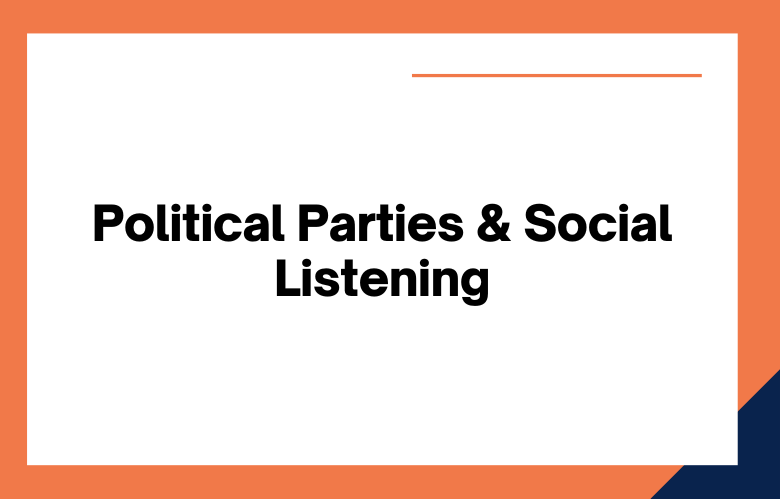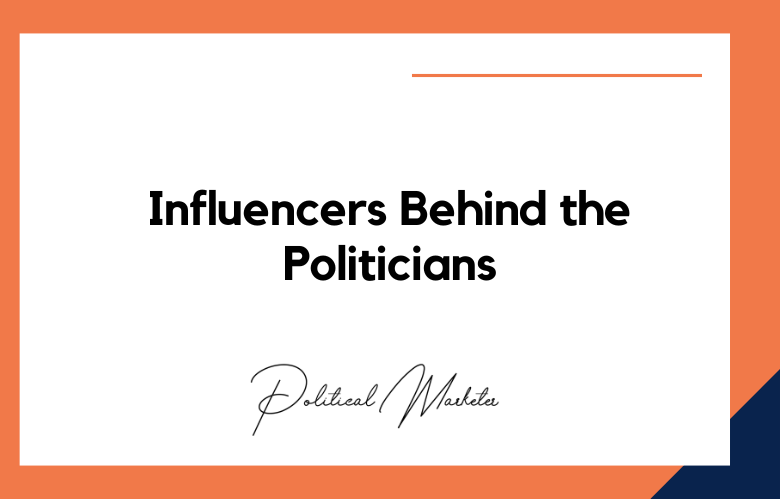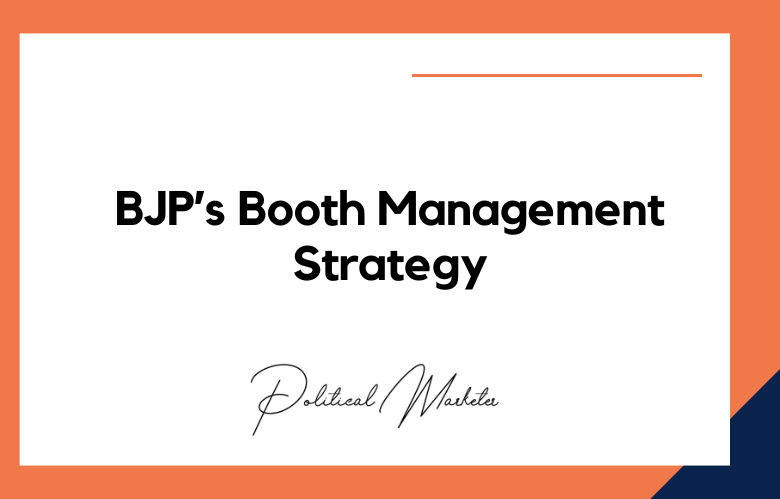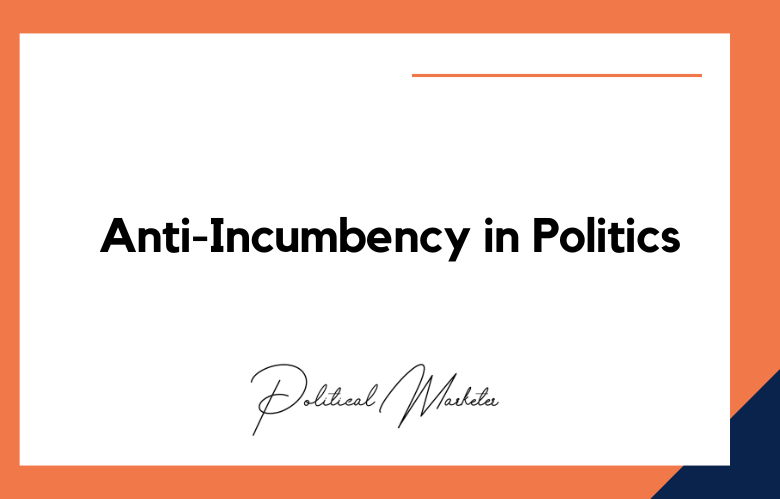Social media has become increasingly important in the political landscape in recent years. Politicians and their staff closely monitor social media platforms for signs of support or opposition to their policies.
But what about the larger political parties?
We’ll explore how social Listening can benefit political parties by giving them valuable insights into the public’s moods and opinions.
What is Social Listening?
Social Listening is monitoring online conversations to gain insights into what people say about a topic.
You can do this manually by trawling social media posts and comments or using social listening tools, automating the process.
Either way, social Listening provides valuable insights to shape policy decisions, craft more effective marketing campaigns, and improve customer service.
Social Listening can be used in political parties to track public opinion on critical issues, gauge support for or opposition to particular policies, and identify potential swing voters.
Why Social Listening Matters for Political Parties
Social listening matters for political parties because it allows you to understand the conversation about you online. It’s not enough to monitor social media; you need to actively listen to understand the context of the conversation and identify any negative sentiment. Once you’ve identified negative Sentiment, you can work to address it and improve your party’s image.
In addition to understanding Sentiment, social Listening can also help you track the performance of your messaging and campaigns.
By tracking how often your party is mentioned about specific keywords, you can determine which messages resonate with the public and which fall flat.
This information can be invaluable in fine-tuning your messaging strategy.
Social Listening can help you build relationships with influencers. Influencers have many followers who could sway public opinion about your party.
If you’re active on social media and engaged in the conversation, you’re more likely to develop positive relationships with influencers.
These relationships can be beneficial if you need help getting your message out.
Social Listening can help You identify potential Voters
Social Listening can help you identify likely voters by seeing who is talking about your party online. If someone mentions your party positively, that indicates that they support your policies and would likely vote for you in an election.
Conversely, if you see someone talking about your party negatively, that indicates they’re not supportive of your policies and would not be likely to vote for you in an election.
This information can be invaluable when targeting potential voters and deciding where to focus your campaign efforts.
Social Listening can help you track the Sentiment around Your Party
In addition to identifying potential voters, social Listening can also help you track the sentiments around your party.
The Sentiment is the emotional tone of someone’s comments, which can be positive, negative, or neutral.
Tracking Sentiment around your party can give you a good idea of how people feel about your policies and whether or not they support your platform.
If you see a lot of negative Sentiment, that’s a good indication that you must change your platform to regain public support.
On the other hand, if you see a lot of positive Sentiment, that’s a good indication that people are happy with your policies and are likely to continue supporting you.
Social Listening can help You track trending topics and issues
Social media and the issues people care about are constantly changing.
That’s why it’s essential to use social Listening to track trending topics and issues so you can always know what people are talking about.
This information can be helpful when it comes to crafting your party’s message and determining which issues to focus on in your campaign platform.
For example, if you see that people are talking about immigration more than they’re talking about taxes, then you might want to focus more on immigration in your platform instead of taxes.
However, if people are discussing taxes more than immigration, you might want to focus more on taxes in your platform instead of immigration.
By tracking trending topics and issues, social Listening can give a good idea of how people care at any given time so that you can tailor your message accordingly.
Social Listening is monitoring social media platforms for mentions of your brand, industry, or any other topic of interest.
Social Listening lets political parties track what people say about their policies, their opponents, and current events.
This can help them refine their messaging, target their advertising, and identify potential problems before they become full-blown crises.
Many social listening tools allow you to monitor public posts on social media and private conversations on platforms like Facebook Messenger and WhatsApp.
This can be extremely useful for identifying potential swing voters or tracking the spread of false information.
Social Listening helps You shape Your Messaging.
One of the essential things social Listening can do for a political party is to help you understand what messaging is resonating with voters and what isn’t.
By monitoring social media conversations, you can see which topics are being talked about most often and how people feel about those topics.
This information can shape your party’s messaging in a way that resonates with voters and helps you connect with them on the issues they care about most.
Social Listening allows You to respond quickly to Negative Publicity
Another benefit of social Listening is that it will enable you to address any negative publicity your party may face soon.
By monitoring social media conversations, you can see when people are talking about your party in a negative light and take steps to correct any misconceptions that may be out there.
This is especially important during election season when every little bit counts.
Social Listening helps You connect with Voters on a Personal Level
Social Listening can help you connect with voters on a more personal level. In today’s world, people want to know that their elected officials are listening to them and taking their concerns seriously.
By engaging in social Listening, you can show voters that you’re paying attention to what they’re saying and committed to addressing their concerns.
This personal connection can go a long way in building trust between your party and the electorate.
It helps You stay informed about what is being said about You
Social Listening can help you stay up-to-date on what people say about you, your party, and your policies.
This valuable information can help you make informed decisions about your messaging and strategy and address any negative sentiment quickly and effectively.
It helps You connect with Potential Voters.
Social media is the best way to connect with potential voters, and social Listening can help you identify opportunities to engage with them.
For example, if someone tweets about an issue your party is campaigning on, you can contact them and offer more information.
Or, if someone expresses interest in voting for your party, you can invite them to get involved in other ways (e.g., volunteering or donating).
It helps You understand the issues that matter to Voters
Listening to what people say on social media, you can better understand the issues that matter most to voters.
This information can develop more targeted campaigns and messaging that resonates with voters.
It helps You stay ahead of Your Competitors.
Social Listening can also track what your competitors are doing on social media.
This information can be invaluable in helping you stay ahead of the curve and one step ahead of your competition.
By tracking relevant hashtags, politicians can quickly see what people say about current events as they unfold in real-time. #Twitter #TwitterPolitics #socialmedia #politicians.
Ways Political Parties Can Benefit from Social Listening.
- Monitor public Sentiment about the party and its leaders on social media
- React to criticism and praise quickly on social media channels
- Use Social Listening to track how well the party’s policies are being received
- Identify potential new voters and supporters through social media analytics
- Gather feedback from supporters about what they like/dislike about the party
- Analyze how well the party’s marketing campaigns are performing online
- Monitor public Sentiment about the party and its policies
- Identify supporters and detractors of the party on social media
- Respond to criticism and praise from constituents on social media
- Engage with people who have questions or concerns about the party or its policies
- Analyze data from social media to understand better how people are reacting to the party and its policies
- Identify key influencers and supporters
- React quickly to criticism or praise on social media
- Analyze which topics are being talked about most to understand public opinion better
- Gather feedback from voters on what they like/dislike about the party
- Use social media data to create targeted ad campaigns
- Keep track of how different demographics perceive the party
- Monitor conversations around upcoming elections
- Identify critical influencers who are talking positively or negatively about the party.
- Respond to criticism and praise on social media promptly
- Use social media data to improve voter outreach programs
- Analyze how social media is used to spread disinformation about the party and its candidates
- Gather feedback from voters about what they like/dislike about the party
- Identify critical issues that people are talking about and address them head-on
- Respond to criticism and negative comments promptly
- Showcase positive aspects of the party on social media
- Use Social Listening to track how well your campaign is going
- Reach out to potential voters and get them engaged in the political process
- Gather feedback from people who follow your party on social media
- Use data from social Listening to improve your campaigning strategies
- Identify key influencers and engage with them
- Respond to critical comments and complaints quickly
- Analyze how different demographics are talking about the party
- Use data to improve voter outreach efforts
- Monitor conversations around upcoming elections
- Gather feedback on campaign materials and strategies
- Keep track of which issues people are talking about most
- Monitor public Sentiment about the party and its policies
- Identify potential areas of improvement based on general feedback
- Respond to criticism and praise from the public promptly
- Use Social Listening to track how well the party is performing compared to opposition parties
- Gather data about what issues people care about most
- Analyze how well the party messaging resonates with the public
- Spot any potential scandals before they blow up in the media
- Keep an eye on which politicians are being talked about positively or negatively by the public
- Gauge public Sentiment on specific topics to adjust the party platform accordingly
- Monitor how the party is portrayed by the media and opposition
- Identify key influencers and trendsetters to court them for endorsements or support
- Analyze engagement with online content (e.g., tweets, Facebook posts, etc.) to see what’s resonating with people and what’s not
- Get a better understanding of what people are talking about offline that could be impacting voting behavior
- Spot potential crises before they happen and address them quickly and effectively
- Gather feedback from supporters about their experience with the party
- Identify critical issues that are important to voters
- Respond to criticism and feedback from the public
- Reach out to potential voters and engage with them on social media
- Collect data about voters that can be used for targeted campaigning
- Use social media analytics to track how well your campaigns are performing
- Identify supporters and detractors of the party
- Gather feedback about the party’s platform and campaign promises
- Track how the party is portrayed in the media
- Analyze engagement with political content on social media
- Monitor conversations around upcoming elections
- Get insights into voter behavior
Conclusion
Social Listening can be a valuable tool for political parties seeking insights into public opinion on critical issues.
By monitoring online conversations, parties can track changing attitudes on critical issues, gauge support for or opposition to particular policies, and identify potential swing voters.
In addition to tracking public opinion, social Listening can monitor a party’s performance and that of its rivals.
Social Listening is a powerful tool that can help political parties better understand their constituents’ wants and needs.
It can also help identify potential areas of support or opposition and provide insights into how to appeal to specific demographics.
Contact us if you need help getting started with social Listening or want to improve your strategy.
Our team of experts will work to create a plan that leverages social media data to give your party an edge in the upcoming elections.
Call: +91 9848321284
Email: [email protected]











